Talking about Japanese animation obviously means talking about writing, drawing, and acting, but it also means talking about music. Because what would the great masterpieces of Japanese animation be without a quality soundtrack? We pay tribute to the ten soundtracks that have left the biggest impression on us on television and film (with the rule of only quoting one work per composer).
Warning! We're not talking about openings here. To discover our favorite openings, click here!
#1 Cowboy Bebop, by SEAT BELTS
Launched in 1998, the animated series Cowboy Bebophas had a profound impact on fans, to the point of becoming the center of a veritable cult following. Telling the adventures of space bounty hunters, the series is often cited (rightly so) among the greatest masterpieces of Japanese animation. The first work entirely directed by the legendary Shin'ichirō Watanabe, Cowboy Bebop boasts an absolutely cult soundtrack, composed by composer Yoko Kanno - a central figure in the Japanese animation industry of the 1990s - who founded a blues/jazz band for the occasion, bringing together Japanese, New York and Parisian musicians: SEAT BELTS. And what a marvel! The music doesn't just create a deliciously anachronistic shift, it also underlines the melancholy of a universe and its characters. Some pieces continue to haunt us long afterward, like the cult classic Space Lion, which enhances the execution of Gren's last wishes in the episode Jupiter Jazz (Part 2). We are delighted that Shin'ichirō Watanabe has reconnected with jazz with his latest gem, LAZARUS, currently being broadcast.
#2 Howl's Moving Castle, by Joe Hisaishi
Given our admiration for the work of Hayao Miyazaki - unanimously considered the absolute master of Japanese animation cinema - and the key role he played in its democratization, we have written a lot about him. But in addition to being great poetic and epic films, his feature films are enhanced by the compositions of Joe Hisaishi, his musical alter-ego. We hesitated for a long time over the soundtrack we were going to choose from our selection to illustrate his work. If the avant-garde symphony of Nausicaä of the Valley of the Wind, the romanticism of Kiki's Delivery Service, the humor and melancholy of Porco Rosso, the breath both epic and elegiac of Princess Mononoke would have justified the presence of each of these soundtracks in this article, we finally chose that of Howl's Moving Castle, which manages to contain almost all the dimensions of the art of Joe Hisaishi and the cinema of Hayao Miyazaki. One of the most beautiful scores in cinema!
#3 Berserk, by Susumu Hirasawa
A masterpiece of dark fantasy and seinen, Berserk by the late Kentarō Miura has left a deep impression on manga fans thanks to its charismatic characters with tragic destinies and its extremely dark universe, enhanced by its author's drawings. Unfortunately, fans haven't had much luck with anime adaptations. In 1997, a first series was developed, which adapted the Golden Age arc, but the artistic direction doesn't fully pay homage to Kentarō Miura's drawings. However, this first adaptation is more appreciated by fans of Berserk than the following ones, notably thanks to the absolutely splendid music of Susumu Hirasawa - who is known in particular for having composed the soundtracks of several films by the great Satoshi Kon. It was a huge gamble on the part of the OLM studio to entrust the composition of a dark fantasy anime to an artist renowned in the field of experimental electronic music. And what a success... Some pieces, like Gatsu, are among the best in the history of Japanese animation!
#4 Attack on Titan, by Hiroyuki Sawano
A true anime phenomenon of the 2010s and 2020s, Attack on Titan left its mark on millions of viewers around the world. Adapted from the eponymous manga by Hajime Isayama, the anime produced by Wit Studio (and later by MAPPA) is an unmissable masterpiece. Its extremely dark universe and brutality are enhanced by exquisite animation that has raised industry standards and by Hiroyuki Sawano's music, which offers a perfect blend of symphonic music, discordant electric guitars, and electronic sounds. This mix of several musical genres not only serves to emphasize the composite nature of the story; it is also the vector of tones, sensations, and tones that clash and dispute, the symbol of a disparate humanity putting all its last forces into a final assault. A masterpiece!
#5 Samurai Champloo, by Nujabes, Fat Jon, and Force of Nature
Six years after the masterpiece Cowboy Bebop, the great Shinichirō Watanabe is at the helm of a new series: Samurai Champloo. Telling the story of young Fuu and the swordsmen Mugen and Jin who set out on the trail of the Samurai who smells of sunflowers, the series blends the chambara genre - a cinematographic subgenre of jidai-geki - with hip-hop culture. As with Cowboy Bebop, the soundtrack composed by the late Nujabes and the numerous nods to hip-hop culture (graffiti, dances, etc.) do not only serve to create a shift (humorous, here) based on anachronism. Indeed, this mix allows us to pay homage to two immensely Japanese genres (jidai-geki and furyo), and thus develop a reflection on Japanese culture and its evolution through the centuries. Moreover, the soundtrack is a real gem; Moreover, certain titles are regularly used by the videographer Ichiban Japan to enhance his videos.
#6 Neon Genesis Evangelion, by Shiro Sagisu
A cult series from the 1990s created by Hideaki Anno, Neon Genesis Evangelion is a revolutionary work that has profoundly marked the history of Japanese animation, notably through its story that addresses complex themes and its unforgettable soundtrack, composed by Shirō Sagisu. The emotional impact of the series owes much to the music, which mixes classical, jazz, pop, and experimental influences. From the iconic opening theme to the orchestral compositions, everything contributes to amplifying the introspective and melancholic atmosphere of the show. Thus, the haunting choirs and strings underline the existential angst and inner struggle of the characters, particularly Shinji Ikari who is confronting his own traumas. The music also perfectly complements the frenetic action scenes, especially during the fights against the Angels.
#7 Akira, by Shoji Yamashiro
Akirais Katsuhiro Ōtomo's cyberpunk masterpiece. Released in 1988, it is an adaptation of his own manga. The soundtrack, composed by Shōji Yamashiro and performed by the Geinoh Yamashirogumi ensemble, played a central role in this success. A bold fusion of traditional Japanese percussion, electronic music, and Indonesian gamelan, the music of Akira transcended the conventions of the time while amplifying the dystopian character of Neo-Tokyo. The gongs and organic voices help to highlight the mystical and spiritual dimension of the work. This blend of genres reflects the duality between humanity and dehumanization, at the heart of the cyberpunk movement in general, and of Akira in particular. Formidably effective!
#8 Naruto Shippuden, by Toshio Masuda
The Naruto series and its sequel Naruto Shippuden have been a resounding success in France. The adventures of the young orange ninja have deeply touched French fans. Excellently animated by Pierrot Studio, this adaptation of Masashi Kishimoto's masterpiece has stood out thanks to its epic story, its perfectly choreographed battles, and the powerful emotions that result from the work's universal themes. As in each of the works in this selection, the soundtrack by Yasuharu Takanashi perfectly accompanies each scene. Blending symphonic sounds, electric guitars, male choirs, and traditional Japanese instruments, the music is a total success. And some themes still stick in our minds long afterward, notably that of the Akatsuki.
#9 The First Slam Dunk, by Satoshi Takebe, Takuma Mitamura, The Birthday and 10-Feet
The First Slam Dunk, which marks both the return of legendary mangaka Takehiko Inoue (Vagabond) to the universe of Slam Dunk and his first film in theaters, was the nice surprise of summer 2023. Telling the last match of the manga from the point of view of Ryota Miyagi, the leader of the Shohoku High School basketball team, the film had a profound impact on audiences and critics alike, particularly due to its immense power of immersion. In addition to delving deeper into the story of a secondary character from the manga, with the help of moving flashbacks, the film plunges us into the heart of an intense basketball game. While the direction and sound design are the main architects of this success, the importance of the music, composed by Satoshi Takebe and Takuma, with tracks from the bands The Birthday and 10-Feet, must also be highlighted. Blending electronic sounds and electric guitars, the soundtrack perfectly accompanies the action, giving an epic dimension to an otherwise realistic basketball game.
#10 Dragon Ball Z, by Shunsuke Kikuchi
Often cited as the iconic Japanese animated series of the 1990s, Dragon Ball Z continues to hold a special place in the hearts of fans. The recent death of voice actor Éric Legrand - the French voice of Vegeta - reminded us of this in the most painful way. Of course, if the characters, the humor and the epic dimension of the work are the first factors that come to mind when we talk about the success of Dragon Ball Z, we must also mention the soundtrack composed by Shunsuke Kikuchi, which has nothing to envy to the openings sung by Hironobu Kageyama. From the prologue of the episodes to the introduction of the enemies, the anime is full of memorable themes that continue to act as Madeleines de Proust for several generations of fans.
Did this article interest you? Then don't hesitate to tell us which soundtracks have left the biggest impression on you. And to continue the experience, here is our article on the 10 greatest geniuses of Japanese animation!

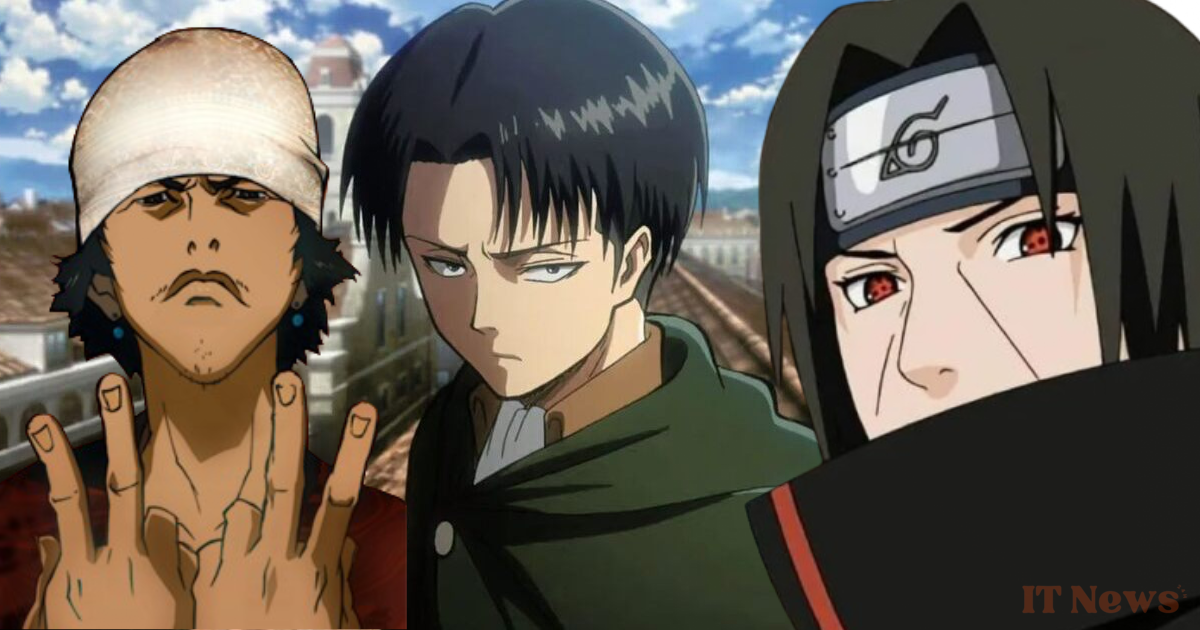
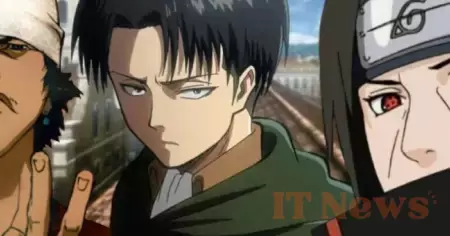
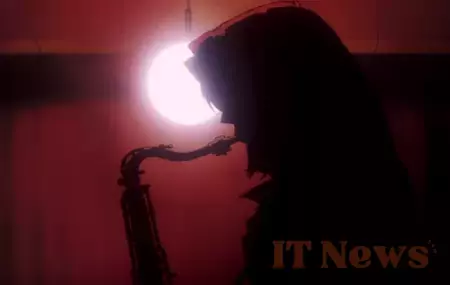
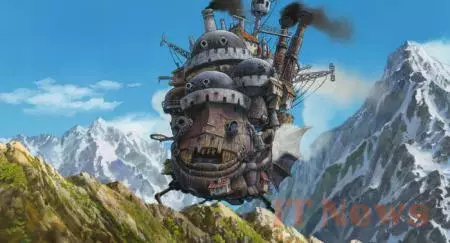
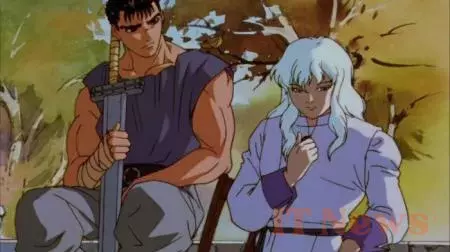
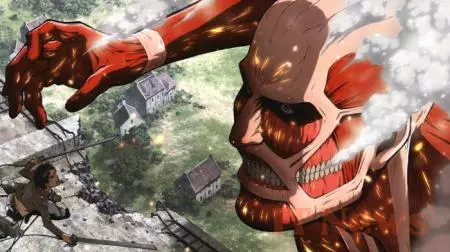
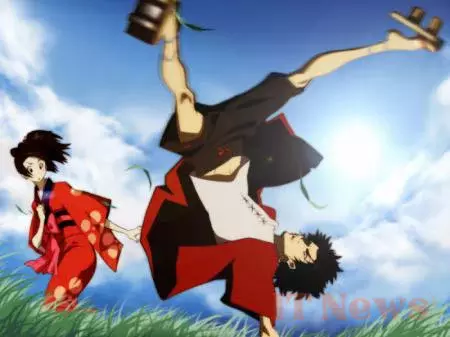
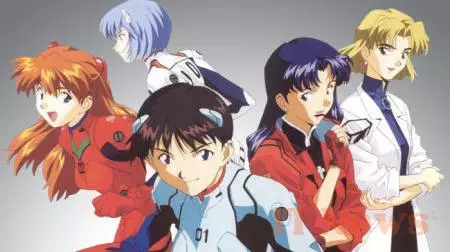
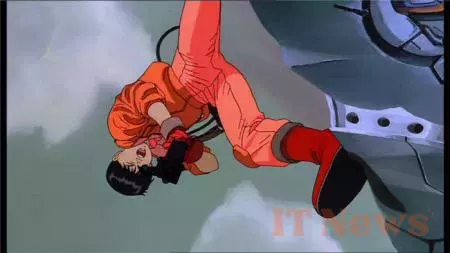
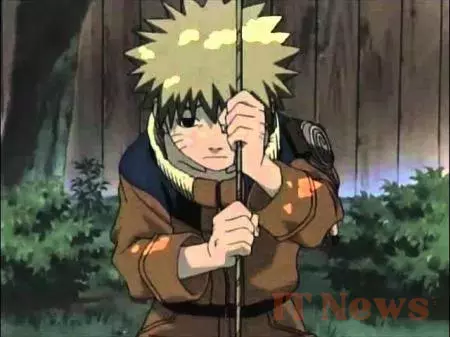
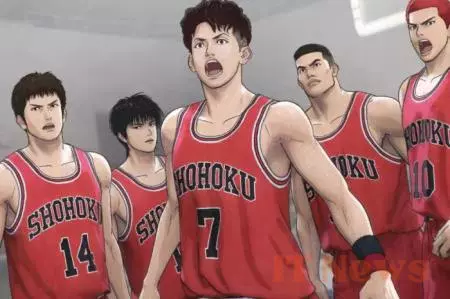

0 Comments